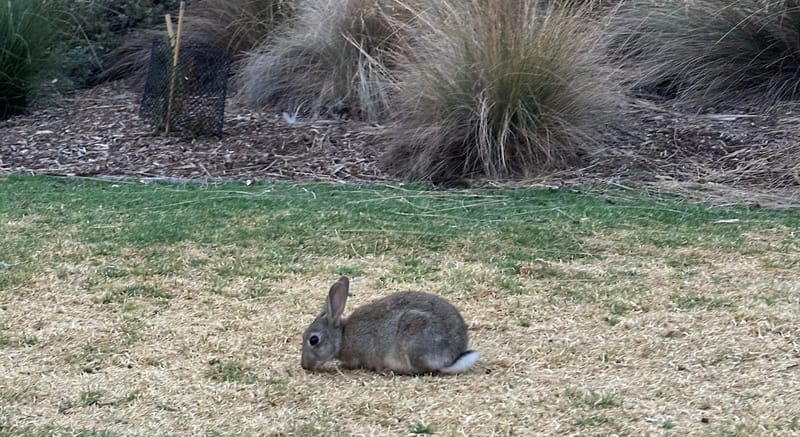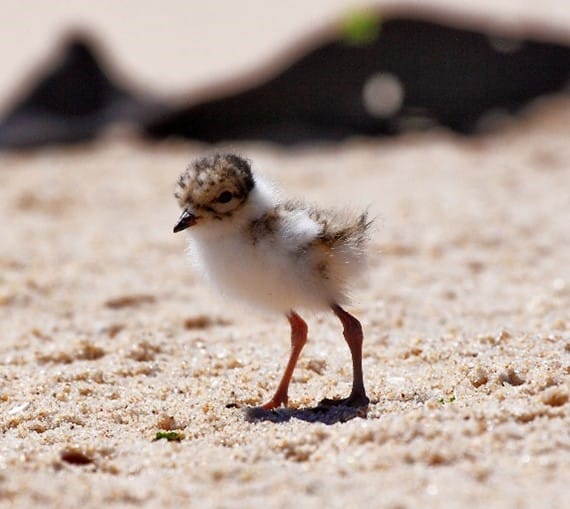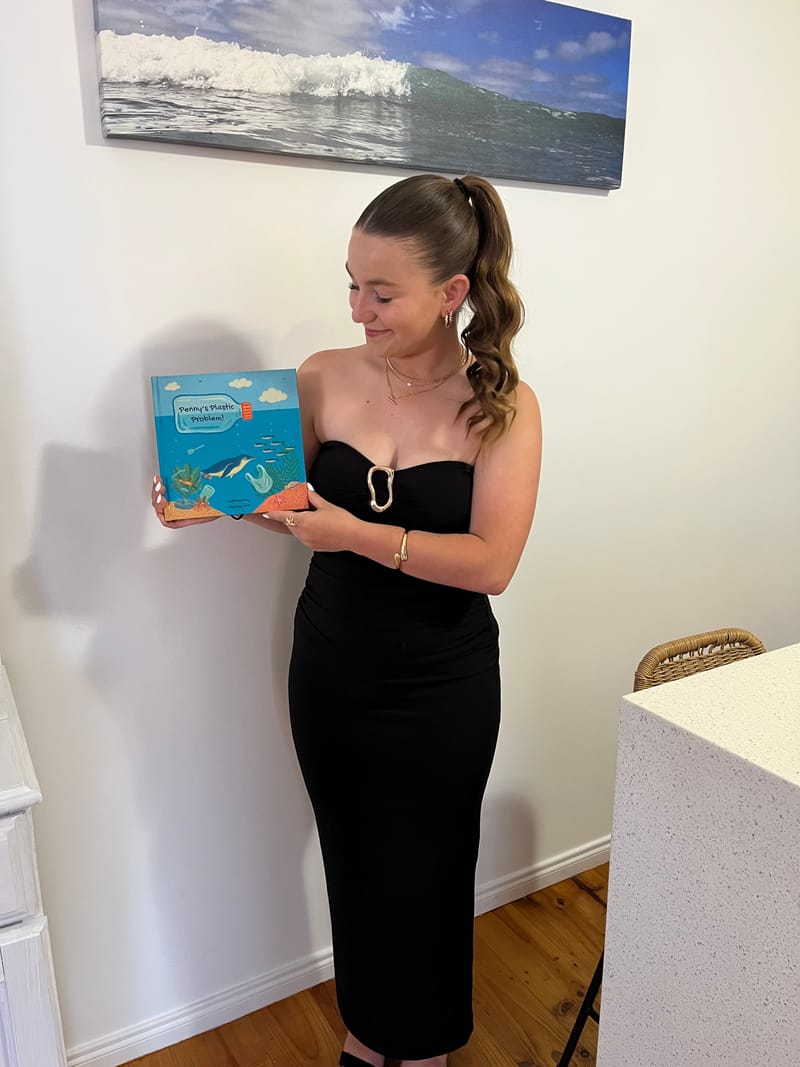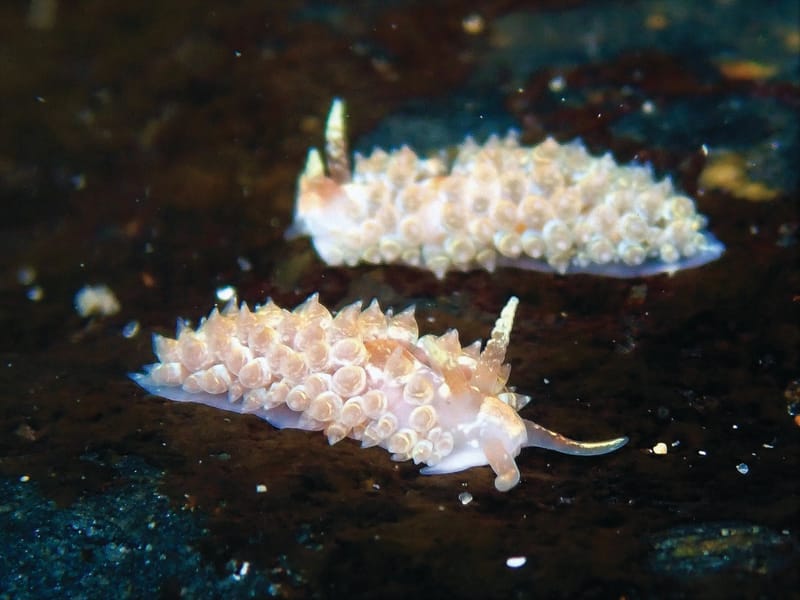Emissions rise but still on track says Council
Council has published its Financial Year 2022/2023 corporate greenhouse gas emissions data.
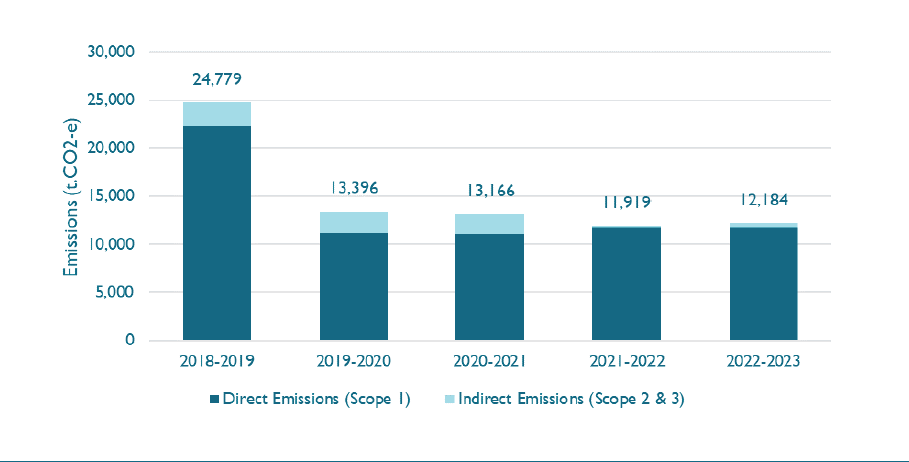
Bass Coast Shire Council has published its Financial Year 2022/2023 corporate greenhouse gas emissions data, revealing a slight overall increase of around two per cent in emissions from last financial year.
However, it says it is still on track to meet its net zero target in 2030.
While direct emissions from Council’s activities decreased from 11,785 tonnes (CO2-equivalent) to 11,702 tonnes; indirect emissions increased from 134 tonnes to 481 tonnes.
The council state the major reason for the increase was a more detailed and sector consistent approach that changed the way indirect emissions are calculated for the extraction, production, and transport of liquid fuels such as diesel and petrol.
Consistent with previous years, the major source of Council’s emissions is the Grantville landfill, and fuel use.
In the last five years, Council’s emissions have fallen over 50 per cent, from 24,778 tonnes in 2018/2019, to 12,183 tonnes in 2022/2023.
According to the Council, major initiatives responsible for this emissions reduction include:
- The introduction of the Food Organics and Garden Organics (FOGO) service, resulting in a reduction in emissions from landfill of around 10,000 tonnes. Since the introduction of the FOGO service, Bass Coast residents have consistently ranked among the best recyclers in Victoria.
- The Victorian Energy Collaboration (VECO) partnership, which has ensured Bass Coast, along with 50 other local governments, sources 100 per cent renewable energy from wind farms in central and western Victoria. Each year, VECO saves about 2000 tonnes of emissions that would otherwise be generated from the purchase of grid electricity.
“Council has delivered substantial reductions in emissions over the last five years, that put us on the trajectory to achieve net zero emissions by 2030,” said Bass Coast Shire Council Mayor, Cr Clare Le Serve.
“While we’ve had some big early wins, the major remaining sources of emissions from landfill and fuel use will require Council to continue matching ambition with action.
“In this spirit, we are progressing the transition of our vehicle fleet to electric, which will ensure emissions reduction and reduced operating costs.
“Reducing landfill emissions requires collaboration across Council and the community,” Cr Le Serve continued.
“Council is committed to developing a Circular Economy Strategy that will further reduce landfill waste and boost recycling in Bass Coast.
“We will consider other measures to achieve net zero emissions during the scheduled review of the Climate Change Action Plan in 2024.”
More information about progress towards a net zero Bass Coast is available in the annual Climate Action Snapshot on the council’s website. www.basscoast.vic.gov.au



